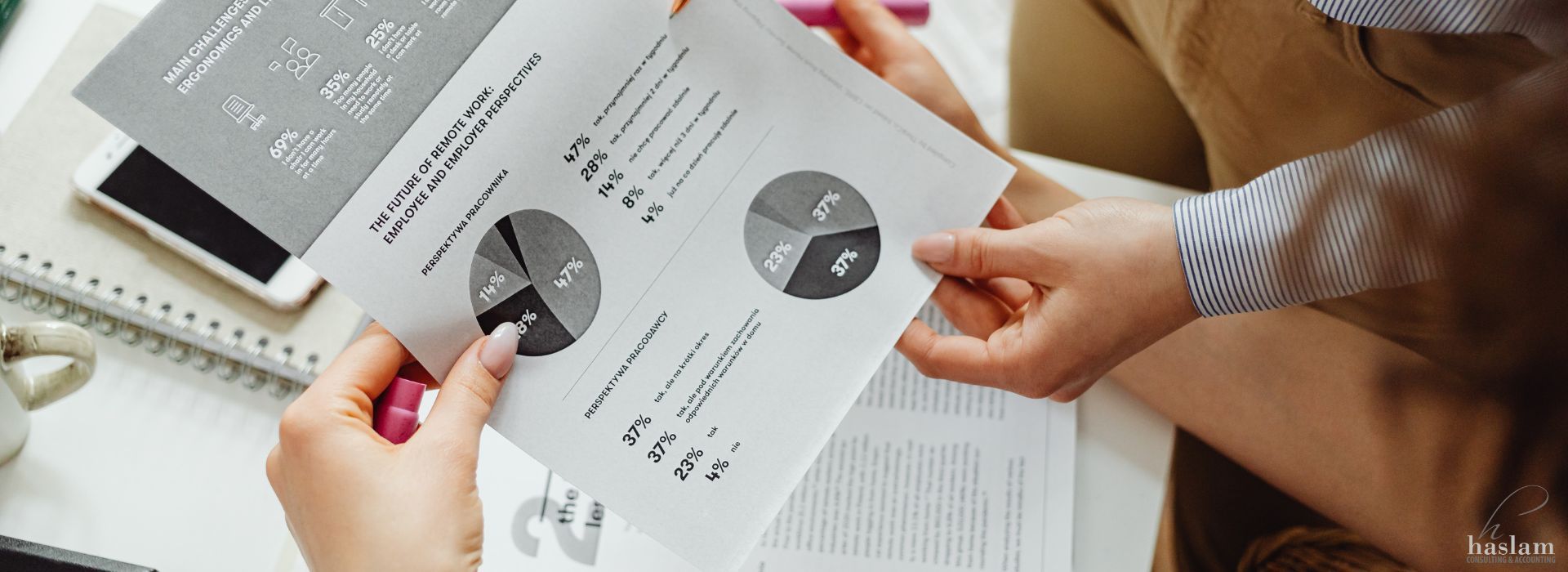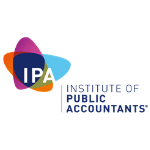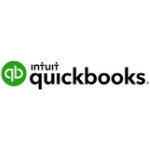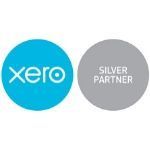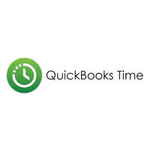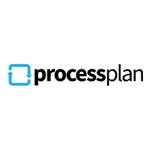Tax tips for self-managed superannuation funds 2023
Are you spending too much time on SMSF management? It’s not easy to get all the details right, especially if your fund has changed operations over time. Talk to us about managing your SMSF investments, assets, compliance, administration and reporting.
Having a self-managed superannuation fund (SMSF) gives you control and flexibility over how you make investments and prepare for retirement.
It’s important to get your deductions and record keeping correct for the SMSF audit process and the tax return, as there are strict laws governing SMSFs.
An SMSF must be set up as a trust and must also have a legal document called a trust deed. A super fund trust is set up for the sole purpose of providing retirement benefits to its beneficiaries. The trust deed governs how the fund is set up and how it will operate and must be used in conjunction with the superannuation laws.
There are many different investment strategies for SMSFs according to the fund’s trust deed and operations.
Common Tax Deductions
Deductible expenses for SMSFs vary according to the nature of investments and the trust deed, however there are some general expenses that apply to most funds.
- Operating expenses, such as management and administration fees, audit fees and ASIC annual fees.
- Investment-related expenses, such as interest, investment advice fees, costs of servicing and managing investments, property fees and brokerage fees.
- Tax-related expenses, such as preparing the SMSF annual return.
- Legal expenses including amending trust deeds.
- SMSF statutory fees and levies.
- Insurance premiums for death, total and permanent disability, terminal illness and income protection.
The rules for tax deductibility for SMSFs are different to those for individuals and business. Many people are used to claiming deductions for certain things in business or property investment and find they don’t apply to SMSF tax returns. We can help clarify what’s deductible and what’s not.
Expenses must relate to the sole purpose of the super fund being to provide retirement benefits to its members. There may be some items you want to query with us for the audit and tax return to see if they meet the sole purpose test, such as investment training courses, collectibles and artwork, travel expenses or personal computers.
SMSF Annual Return and Records
Once the formal audit of the SMSF has been completed, the annual return must be lodged with the ATO. The annual return is not only a tax return but also reports regulatory information and member contributions. You must keep all records relevant to the annual return.
- Keep all transaction, tax, accounting and financial reporting records for at least five years.
- Keep all records relating to trustee meetings, minutes, investment strategies and appointments or changes of trustees for at least ten years.
Make Your SMSF Management Easy
SMSF management can be time consuming. We can help with researching and managing investments, checking trust deed compliance, setting investment strategies, keeping records and conducting the audit. Talk to us now and get ahead for your next annual SMSF return.




